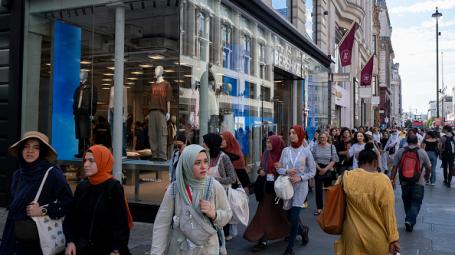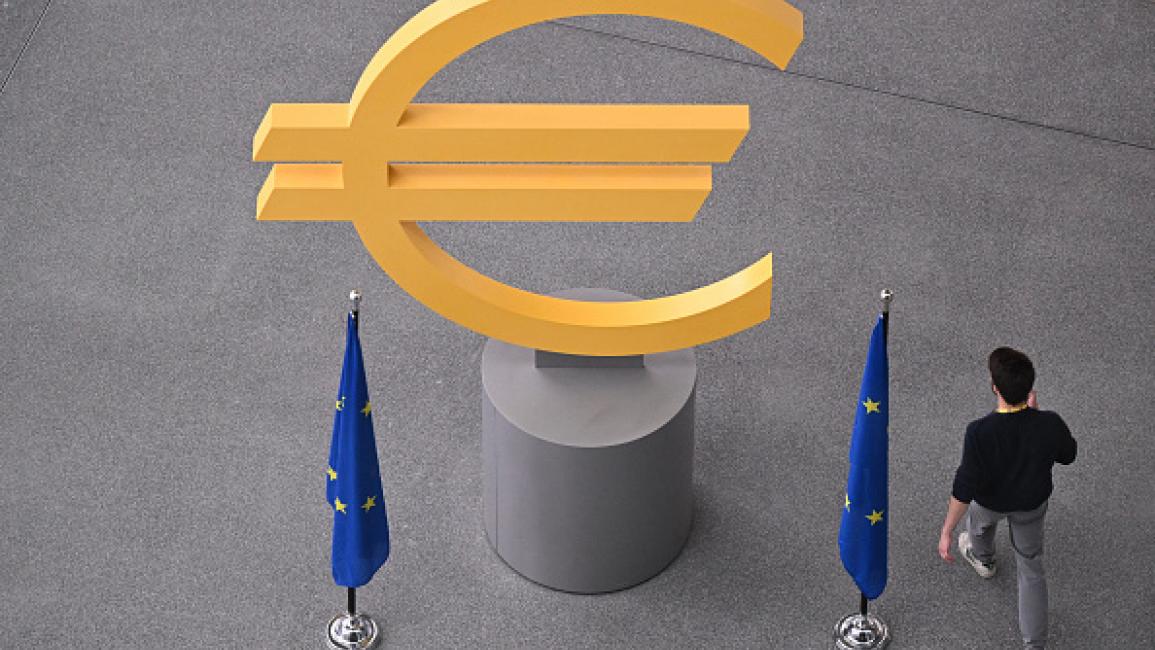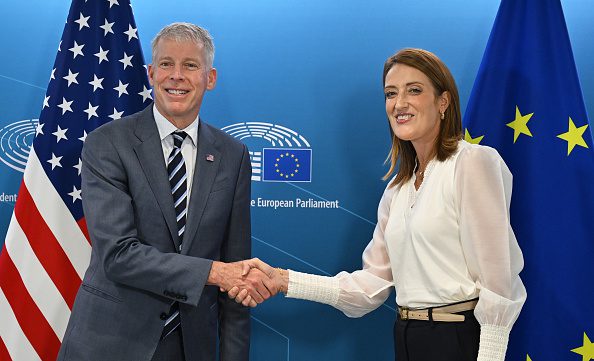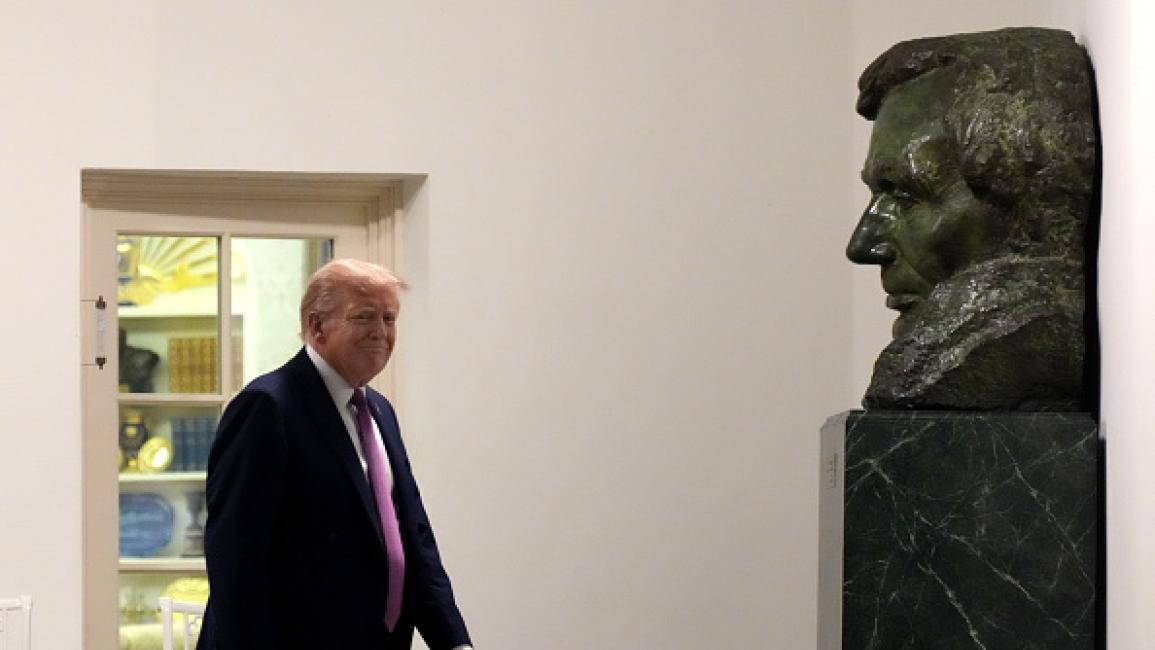How Does Political Polarization Affect the Economy?

Political polarization has become one of the defining features of modern America. From Congress to local communities, the growing divide between left and right is no longer just a political issue—it has deep economic consequences. Investors, businesses, and consumers all feel the effects when politics turns into gridlock.
Gridlock and Policy Uncertainty
When lawmakers are unable to compromise, essential economic policies get delayed or blocked. Budget approvals, infrastructure spending, and tax reforms stall, leaving businesses uncertain about the future. This uncertainty affects hiring decisions, investment strategies, and overall economic growth.
Impact on Consumer Confidence
Polarization also influences consumer psychology. Studies show that Americans’ optimism about the economy often depends on which party is in power. Supporters of the ruling party feel more confident, while opponents expect decline. This split perception reduces overall consumer confidence, creating instability in spending patterns.
Trump Era Divisions
The Trump presidency intensified polarization, and its effects linger. From trade wars to immigration policies, Trump’s economic strategies divided voters and industries alike. Trump News continues to reflect how his influence shapes debates on tariffs, taxes, and regulations. Trump News
U.S. Markets and Partisan Reactions
Stock markets often swing in response to political uncertainty. U.S. News outlets highlight how partisan battles over issues like the debt ceiling or government shutdowns can rattle markets, causing global investors to reconsider exposure to American assets. U.S News
Global Implications
Political polarization doesn’t stop at U.S. borders. Foreign governments watch closely as internal divisions affect trade negotiations, military commitments, and diplomatic relations. World News analysis often warns that a deeply divided America weakens global stability and slows coordinated responses to crises. World
Business Adaptation
Companies have learned to navigate polarization by diversifying supply chains, lobbying both parties, and preparing for sudden policy shifts. However, this comes at a cost—higher expenses and reduced long-term planning.
Conclusion
Political polarization undeniably affects the U.S. economy. From delayed policies to volatile markets and weakened global partnerships, the economic costs of division are real. Unless common ground is found, polarization may continue to slow economic growth and damage America’s credibility worldwide.




